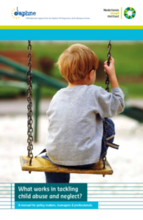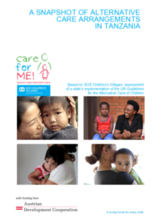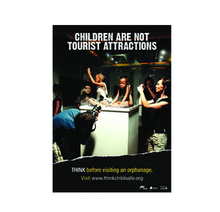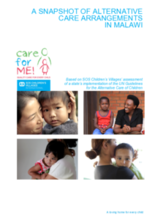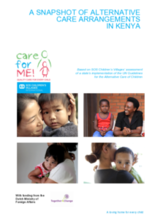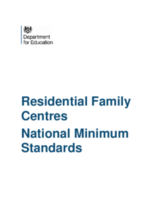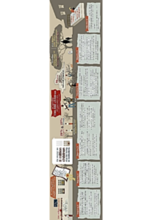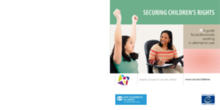Displaying 1261 - 1270 of 1511
This manual is the main outcome of the European Commission Daphne III programme, Prevent and Combat Child Abuse: What works? Involving regional exchanges and research from five countries (Germany, Hungary, Portugal, Sweden and the Netherlands), this manual brings together knowledge on what works in tackling child abuse. The manual suggests evidence and practice-based prevention and response strategies against child abuse and neglect, including programs and services that have been shown to be successful in strengthening family care.
The article reviews the historical development of out-of-home care in Italy and Spain and compares foster family and residential care, as well as the main research contributions to these topics in both countries.
This report and research conducted by SOS Children’s Villages reviews alternative care arrangements in Tanzania.
The ChildSafe network has produced important information for people who might be traveling abroad and can be confronted by situations where children are in distress or at risk of being abused or harmed, including through the practice of "orphan tourism".
This report from SOS Children’s Villages assesses Malawi’s compliance with, and implementation of, the UN Guidelines on the Alternative Care of Children.
This report presents findings from an assessment of Kenya's implementation of the UN Guidelines for the Alternative Care of Children.
This document contains the UK National Minimum Standards (NMS) applicable to residential family centres.
This infographic provides statistics on children globally. It then provides information as it relates to the six objectives of John Snow Inc.'s Knowledge Management Services in relation to Orphans and Vulnerable Children, including children living in institutions, HIV/AIDS, child sexual exploitation, and more.
This guide is for people who work with children and young people in places of alternative care. It is intended to assist you in understanding and supporting the rights of children you work with.
This paper discusses the challenges of reforming the child welfare and protection systems in Hungary and Romania -two countries in transition from socialism to capitalism- and the impact on children, young people, families, and professionals. The focus is on the efforts made to deinstitutionalise children from large institutions, develop local prevention services, and develop alternatives to institutional care.

